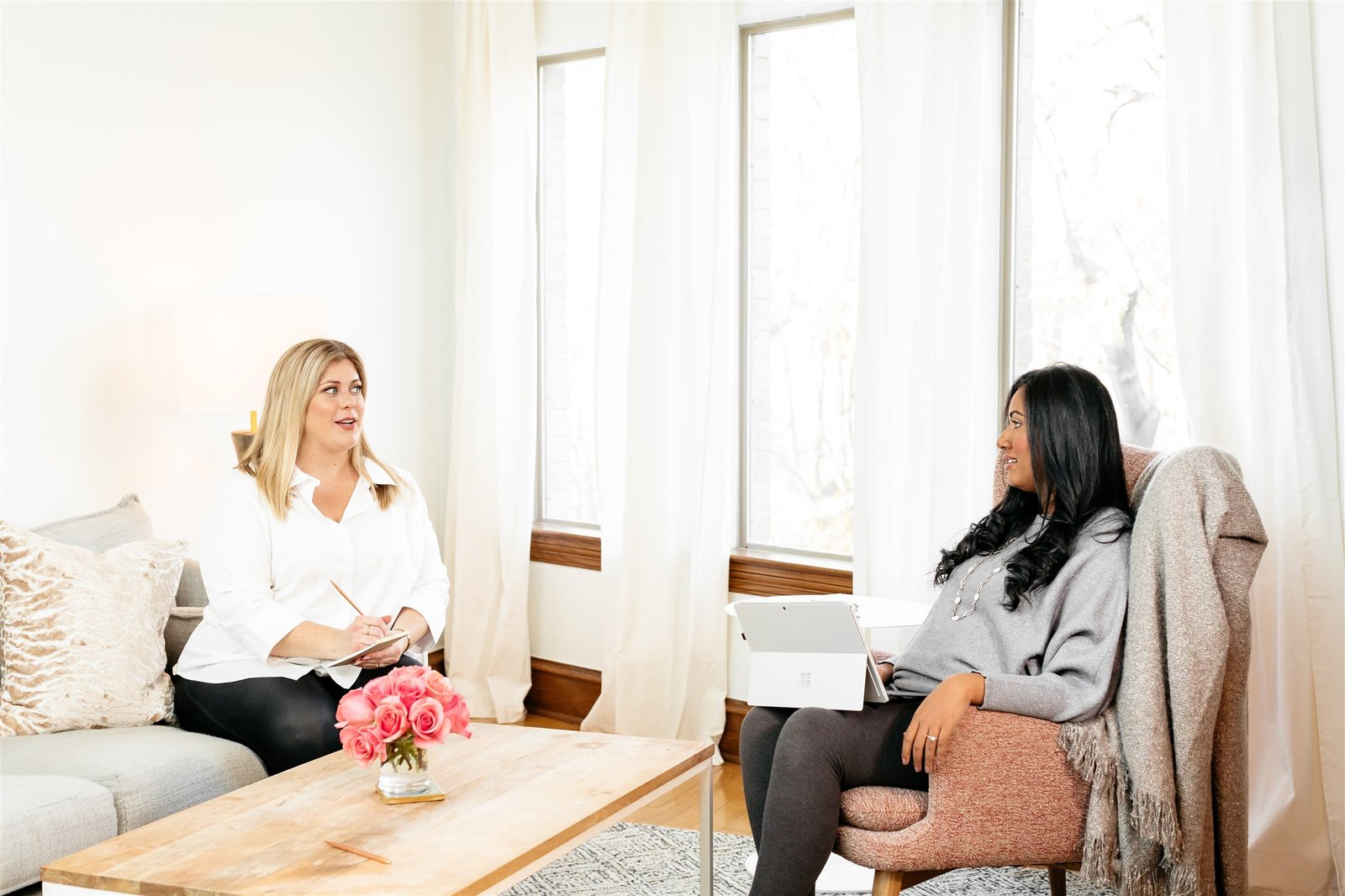
Transform your shame with self-compassion
August 26, 2024

Guilt is the belief that I did something wrong, while shame is the belief I am wrong. Shame runs deep—but it can be softened. Practicing self-compassion for shame helps change the inner narrative we’ve often carried since childhood.
What do you tell yourself when something goes wrong?
As kids and even as adults, we absorb subtle (and not-so-subtle) messages from things we hear and experience. We pick these up from parents, friends, TV, social media, or painful experiences at school or work. Any moment that makes us question ourselves can plant a seed. We learn what is acceptable through these experiences and when we do something *not* acceptable, we sometimes internalize these messages to modify the things we do and our core beliefs about ourselves.
For example, if we believe I am not loveable, we may get involved in a series of relationships that remind us just how unlovable we are. If we believe I am not worthy, we may not go after the things we have passion for.
Understanding Shame and How It Shapes Us
We start to feel shame as early as age 2 when we start to become aware of our own self, and that other people are aware of us too. Shame helps us stay in line with our group or culture—to be accepted and loved. As far a history dates back, we needed to be a part of a group so that we had better chances of survival, and in that way, it makes sense!
What Self-Compassion for Shame Looks Like
If the purpose of shame is to help us find acceptance and love, why don’t we give ourselves that love! Research have shown that self-compassion is one powerful way to help us begin the process of changing some of our shame-based beliefs, thoughts, and behaviors.
Learning to give yourself self-compassion starts with becoming aware of our own inner critique. Next time you look in the mirror and begin tugging and squeezing at your so-called “imperfections,” take note of what you’re telling yourself. Is it “omg nothing fits!” or “my thighs have gotten so big?”
Once we notice our self-talk, we can begin replacing it with a more compassionate voice.
I always ask my clients who are struggling with shame, what are you telling yourself – and would you tell this same message to your friend? The answer typically is, probably not!
Once we notice what we’re telling ourselves, we can begin shifting toward self-compassion. In a lot of ways, it’s befriending yourself!
My practice for you is – next time your shame belief shows up, or your inner critic puts you down – pause, reflect, and change your inner voice to one that is comforting, supportive, and loving.
Want more tools to support emotional growth? Explore our individual therapy page.
accept
We use cookies to improve your browsing experience and ensure the website functions properly. By selecting 'Accept All,' you agree to our use of cookies.
© Tmg XXXX
Contact our office:
Already working with a Montfort Group clinician?
You can book or manage your next session here.
Stay Connected
Schedule Now
